|
JANUARY 2019 I wrote myself into a conundrum. It was a good conundrum to have, but one I had to fix quickly. As many of you know, I rotate my blog post topics for writers, artists, and readers of my books. January's was slated to be for writers. In 2018, my writing posts were some of my favorites, documenting things like how to write next-level heroines and how to equip your characters for a trek through the wilderness. But try as I might, as 2019 got underway, I couldn't get excited about a post for writers. My mind, instead, was focused on the ongoing government shutdown. I was watching my friends in the National Park Service apply for unemployment and hastily hunt for part-time work. I was watching rangers who have spent decades in service to the NPS network for food pantries. One mentor of mine, who hired me for my first internship, was furloughed just days before her retirement date. I did what I could. I angrily called my senators. I sent angry cookies to my friends on furlough. I put angry words on one of my nature-nerd manuscripts. I did angry yoga. I vented to my also-angry mom. But there reached a point where it seemed like none of it was doing anything, for me or anybody else. So I turned, finally, to my monthly blog. I had a good post written--"Five Low/No-Cost Ways You Can Help National Parks Survive the Shutdown." I interviewed my affected friends and combed articles from the National Park Foundation and National Parks Conservation Association. I looped another author in for a book giveaway. I curated a sweet national parks reading list. I made a flashy graphic. Then, on Friday, the government re-opened. Federal employees and contractors went back to work. The engine sputtered to life again. I was happier that day than I'd been all of 2019. But some of my other friends were more wary. They knew the deal the government agreed upon was only supposed to last three weeks. If Congress and the president can't come to an agreement, things could very well shut back down on February 15. So I'm shelving the post I wrote... for now. The points in it are valid even when not under a shutdown, but I'm going to save it until after February 15. Hopefully, I won't have to share it at all, and we can go back to our regularly scheduled programming of art blogs and writing tips. But if things go under again, expect to see it posted shortly afterward, fancy graphic and book giveaway and all. Because I didn't have another post written for January, I'm sharing A Park Ranger Vignette, a short story I wrote for HarperCollins a few years ago. It features a Yellowstone ranger struggling through a rough morning in the park, and the people and phenomena that remind her just why she chose to be a ranger in the first place. As an added bonus, I've included the national park reading list I curated from my original post. It features some of my favorite books written by park rangers and set in national parks. I hope it gives you some great additions to your TBR pile! Thanks for sharing this time with me---check out A Park Ranger Vignette after the jump! Margie Feng stormed up the visitor center staircase, her heavy government-issue boots filling the stairwell with resounding echoes. Her anger hung around her head in a cloud, her tight gray collar hot. She flung open the door on the landing—and collided with a body in full forward momentum. “Woah!” A hand jumped out to grab her arm. “Where’s the fire, Ranger?” A modicum of her anger eased, but not entirely. It was David, looking sharp in his formal uniform, the National Park Service badge gleaming golden on his chest, not buffed and scratched as hers was. Still, she was in a rush, and she hurried to move past him for the row of ranger lockers. “Sometimes I wish there was a fire, dammit,” she said. “A nice, thousand-acre wildfire to clear this place out and give us an hour or two without someone howling about traffic or entrance fees or the rain in their tent.” She flung her locker open and shoved her bicycle helmet inside, drawing out her flat hat. David leaned against the locker next to hers. “What’s up with you?” “I can’t talk right now, David, I’m way, way late.” Margie jammed her flat hat on her head, disrupting her long, shiny black ponytail. “I’m on geyser predict, and I should have gotten the read off Castle fifteen minutes ago. Who’s on desk this morning?” “I am,” he said, flashing that inimitable white grin. “Four full hours, baby—on the fourth of July.” “Oh God, it is the fourth, isn’t it?” Yellowstone would be packed today. No wonder her morning had started off so badly. She snatched her radio from her locker and went to buckle it on her belt. Instead, she snagged the casing, and the whole thing fell out, dropping with an expensive smack on the linoleum. She balled her fists and drew in a sharp breath. “Hey,” David said, his voice a bit softer. “Talk to me, Margie. What’s wrong?” She let out her breath and covered her face with her hands. “Just… a bunch of little things. Stupid things.” “Like?” “David, I need to be out in the basin right now—people are going to be looking for today’s geyser predictions.” “Listen, Castle Geyser erupted an hour ago—the guys at the Lower General Store told me. She’s got hours before she goes again. I can handle a few angry visitors—I’ll tell them there’s a bison wallowing out by Morning Glory Pool.” “Don’t talk to me about bison.” Margie took another deep breath and retrieved her radio from the floor. “There was a bison jam at the crosswalk. The big cranky bull—the one that gored those Australian tourists the other week—he was standing right in the road like an asshole. Folks were stopping their cars. A mom and her toddler were barely ten feet away, trying to get a selfie.” “So you had to be Mean Ranger first thing,” he said in understanding. “Right. Nearly blew a fuse trying to get everybody away, and then made a fool of myself shooing the damned animal into the grass. I got cussed at.” “Oh yeah? I’ll fight him.” “It was the mother.” “Ah,” he said in disappointment. “Anyway,” she continued, “then I blew my bike tire on a gin bottle somebody tossed, and while I was stopped, a guy pulled up to yell at me for not having signs for the big trees.” David’s brow creased in confusion. “The big trees?” “Yeah.” Margie mimicked the angry visitor’s voice. “Why should I pay good tax money if you don’t even tell people where to see the most famous trees in the country?” “The most famous trees…” David’s face split with shock. “You don’t mean…” “Yes,” Margie confirmed, pointing to the gold redwood cones on her flat hat. “Redwood trees?” “Correct.” “In California." “Those are the ones.” Margie closed her locker. “Granted, he’s right—we don’t have signs for them. Not a single one. Sequoia National Park, 1,000 miles ahead on right.” David groaned in commiseration and held out his arms, folding her in a hug. He was warm and reassuring, and his gray long-sleeved uniform shirt smelled of fresh detergent, not tangy with sweat as Margie’s was. “Poor Mean Ranger,” he said. He removed her flat hat and kissed the top of her head. She exhaled the last of her breath. David had a way of anchoring her, of shooing away some of the stress that came from working in such a major hub of such a major park. Where she got frazzled, he managed to stay cool. She could even smell starch in his uniform. Starch. She leaned back and took him in a little more closely. The dark stubble that often covered his chin was gone, and he was wearing his formal felt hat, not the usual summer straw hat. “You look nice today,” Margie said suspiciously. “Why so nice?” “Are you insinuating I don’t look nice all the other days?” “If you’re going to make jokes, I’m twenty minutes late for geyser predict.” He straightened his dark green tie where she’d mussed it. “I’m giving a special program to that group from the historic society today.” “Oh.” The barely-perceptible trace of disappointment in his voice told her exactly what program he’d been asked to give. “I see. The Buffalo Soldiers?” “Yep.” David’s great-grandfather had been a Buffalo Soldier, one of the African-American cavalrymen who had served as some of the very first park rangers, well before there was ever a National Park Service. David had an old photo of his great-grandfather taped in his locker, and the family resemblance was clear—the same deep brown skin and upturned lips that always looked like a little smile. He was proud of his great-grandfather, and proud of his connection to the national parks, a connection that for a long time had been smothered in the volumes of history. But history wasn’t David’s first love. It wasn’t even really his strong point. He was a geology nut, drawn to Yellowstone for the outrageous landscape and phenomena found nowhere else in the world. Margie had met him the previous year when he accompanied a survey team doing a radar study on the cone of Old Faithful. She’d been asked to act as a Mandarin translator for one of the other team members. She often got trotted out for jobs like that—sometimes she wondered if the brass who had hired her in the past skipped over her two degrees in park management and six years in the North Cascades and Olympic and just honed right in on that one credential. Fluent in Mandarin. It was certainly a useful skill, but she disliked how often it became her primary identity. Just as David was often called on to give an authentic history program on the Buffalo Soldiers. Such was the nature of the Park Service—grasping at what little diversity they managed to attract with their shrinking budgets and history of exclusion. History that, granted, was slowly being righted—so long as the administration in DC thought it worth their time. Which was never a given. Margie sensed the seconds ticking away against her wrist, but suddenly she didn’t want to leave David’s arms. She could almost hear the hum of incoming crowds outside—she could feel the world pressing in through the visitor center windows. She leaned into him again, tucking her nose under his smoothly-shaved jaw. Her phone buzzed in her pocket. Reluctantly, she slid it out halfway to glance at the text. It was from one of the law enforcement rangers. She groaned. “What?” David asked. “Bix wants to know how to say no parking in Mandarin.” “Tell him how to say park anywhere.” The intercom on the wall crackled. “Hey, uh, is anybody else up there? I’m alone at the desk—and where are our geyser predictions?” They both let out a similar sigh and let go of one another. “I’d better go rescue Mike,” David said. He tilted her chin and kissed her warmly. “And you have a date with Castle Geyser.” She nabbed a second kiss, for fortitude. “I’ll radio in when I’ve got a reading. Good luck at the desk.” He set her flat hat back on her head. “Later, Ranger.” They parted ways—he heading down the staircase for the public area of the visitor center below, she taking the opposite one to head outside. It was a cool morning, her favorite time of day to be in the Upper Geyser Basin. In the middle of the afternoon, the white sinter around the boardwalks would blaze with heat, but now the basin was crisp and quiet, wreathed in columns of steam as far as the eye could see. Old Faithful boiled quietly in its cone, sending white clouds billowing against the dark backdrop of lodgepole pines. Despite her earlier encounters, and the promise of a full parking lot later in the day, not many people were out this early. Soon the ambient buzz of cars and buses was lost to the bubbling and frothing of the geysers and hot springs. The air was thick with the smell of sulfur, a scent she’d come to love with an almost absurd devotion. She walked down the paved trail toward Castle Geyser, the jagged cone thrusting up like a turret against the bright blue morning. Thankfully, there were no bison plodding along the path. Instead, she saw a family heading her way, the parents flanking a little girl in a wide-brimmed bucket hat. As Margie drew closer, she could see the telltale booklet clutched to the girl’s chest. She was working on her Junior Ranger badge. The parents’ eyes lit up as they saw Margie approaching. The mother shook her little girl’s hand. “Sasha, honey, look—it’s a park ranger!” Sasha stopped in her tracks, her two brown pigtails frizzed by the geyser steam. She looked shyly up at Margie. “Good morning,” Margie said, trying to inject enthusiasm into her voice. “It looks like you’re going to be a Junior Ranger soon!” “Just one more activity,” the mother said excitedly, nudging her daughter again. “She has to interview a park ranger.” Ah, yes. That page. Margie mentally filed through the standard answers she usually gave to the kids who came to her throughout the day. “Go on, Sasha,” said the mother. “Look at your book, and then ask the park ranger the questions.” But Sasha was suddenly shy, hiding her face behind her booklet. At Margie’s hip, her radio crackled. She was aware of her wristwatch again. Tick, tick, tick. She was probably well over a half an hour late with the geyser predictions—the hotel staff would be righteously pissed by this point. Hurry up, kid, she thought. This ranger is hella late. Then Sasha pointed into the basin and said, “What’s that?” Margie looked over her shoulder. Her jaw dropped. “Oh!” Instinctively, she held out her hand to Sasha, all her anxiety dissolving. “Come with me, hurry! You don’t want to miss this!” Together she and the little girl rushed up the boardwalks toward the river, her parents hurrying behind. As they went, Margie fumbled for her radio and held it to her face. “David, it’s Margie. We’ve got water in Beehive’s Indicator!” “Wooo, Beehive!” came the staticky response. They reached a viewing platform overlooking the river, where just a few feet in front of them, a short jet of water was issuing at an angle near the base of a squat cone. Margie hefted Sasha onto one of the benches. “Have you seen Old Faithful erupt yet, Sasha?” she asked. “Yes,” Sasha said. “I have news for you—you’re about to meet Beehive Geyser. That little jet of water tells us it’s about to erupt, and when it does, it goes taller than Old Faithful, and it lasts longer than Old Faithful, and coolest of all…” With the roar of a jet engine coming to life, water shot from the little cone like a firehose, rocketing two hundred feet into the air, filling the early morning tranquility with steam and spray. Sasha’s little head flung backwards to watch it climb, her eyes wide. Behind them, Margie could hear the rapid click click click click of Sasha’s mother’s camera. “Best of all, Sasha, nobody knows when it’s going to erupt,” Margie said, squeezing the little girl’s hand. “You just have to be lucky.” “Beehive!” Margie heard David’s voice break through her radio, announcing the eruption to the others in the basin. “We’ve got Beehive at zero-eight-three-six, Beehive at eight thirty-six AM.” “It sounds like a train,” Sasha said quietly, her face still turned up to the distant crown of water. Margie watched it quietly with her for a moment. The water misted down, the early morning sun throwing rainbows through its spray. The radio crackled at her waist. She heard Mike’s voice. “This is the Visitor Center, does anyone have the geyser predictions?” Margie turned her radio off. “I believe the question in your booklet is about why I became a park ranger?” she asked the little girl. “Yes,” Sasha whispered. “Sometimes, Sasha, I don’t know. This job is hard. There aren’t enough of us to do all the work that needs doing, and sometimes it’s hard to take care of the park and the people. I live in a little run-down trailer with mice in the walls, and the money is terrible.” She squeezed the girl’s hand again. “But this place is pretty amazing, don’t you think?” “Yes. I like the blue-colored hot springs the best.” “Those are some of my favorites, too. Our national parks are so special, whether they’re geysers here in Yellowstone, or giant redwoods out in California, or historic houses, or battlefields, or ancient cities of the people who came before us. All these places tell the story of this country, long before there were park rangers, before this place was ever called America, even before there were ever people here at all. And these places will be here long after we’re gone—if you and I protect them. I think it’s pretty special to be part of that—just a little, tiny speck in the story of our national parks. How would you like to help me with that?” Normally when she asked kids that question, they responded with, “That sounds like fun.” Sasha didn’t. Her face turned up to Beehive’s jet, she said thoughtfully, “That sounds important.” Oh my God, Margie thought. Finally, someone gets it. She squeezed the girl’s hand again. “Yes. More than anything, it’s important.” Special thanks to Danielle Tom and Ben Hoppe for their input. All photos belong to me unless otherwise noted. National Park Reading ListNational parks are all about the story of this country and the people in it. And the main way we honor and preserve that story is by knowing it. We can’t sustain or cherish what we don’t know. Here’s a list of some of my favorite books either written by park rangers, or related to national park units around the country. All links go to NPS partner bookstores. If you can't purchase them, request them through your local library!
Historical Fiction: Letters from Yellowstone, Diane Smith A young woman joins an 1898 expedition to Yellowstone as a botanist, chronicling her challenges, victories, and eccentric fellow naturalists. YA: Valley Girls, Sarah Nicole Lemon When Rilla hits rock-bottom, she joins her park ranger sister in Yosemite and discovers a bold new world of climbing. Fantasy: Nine of Stars, Laura Bickle When a strange, deadly creature begins stalking the Yellowstone backcountry, it’s up to Petra and her coyote sidekick to unravel the paranormal happenings. Humorous: Hey, Ranger! Jim Burnett Funny stories and misadventures from one ranger’s career. Nonfiction: National Parks and the Woman’s Voice, Polly Welts Kaufman A look at the sometimes quiet, sometimes loud history of women in the male-defined National Park Service.
Nonfiction Thriller: Death in Yellowstone, Lee H. Whittlesey A grimly fascinating look at all the ways people have died in Yellowstone National Park.
Children's (continued): The Three Little Javelinas, Susan Lowell A southwestern retelling of the classic Three Little Pigs. Honorable Mentions: The Big Burn, Timothy Egan This nonfiction book is about the early US Forest Service, not the National Park Service, and gives a thrilling look at the mismanagement that shaped the agency’s mission. There’s also a PBS documentary by the same name based on the events in the book. In the Heart of the Sea, Nathaniel Philbrick While most of this book takes place on the ocean and off the coast of South America, it gives a compelling, often grisly look at the whaling industry that’s memorialized in many New England maritime parks, like Nantucket NHL District and New Bedford Whaling NHP. These Truths, Jill Lepore A comprehensive book on American history, from 1492 to 2016. It doesn’t touch on national parks much, but it gives a desperately-needed look at the arcs and cycles of American government. January Art RoundupAside from some client work, only a few pieces (see the aforementioned shutdown anxiety; it's a soul-sucker). Pieces include a painting of Gemma, a sketch inspired by These Truths by Jill Lepore, and a thank-you cartoon for Megan Whalen Turner, author of the Queen's Thief series. What I'm Reading:
3 Comments
Danielle T.
1/31/2019 09:58:27 am
Another national park read for children would be the Mysteries in Our National Parks series of middle grade chapter books by Gloria Skurzynski and Alane Ferguson- I remember reading those in middle school. A brother-sister pair solve mysteries as they visit different national parks!
Reply
Emily B. Martin
1/31/2019 12:16:35 pm
That's awesome! Thanks for the recommendation!
Reply
Cat Bellinger
2/1/2019 05:21:10 pm
Is VALLEY GIRLS the ARC I gave you? I can't remember if it ever made it your way or not. Either way, glad you liked it!
Reply
Leave a Reply. |
Emily B. MartinAuthor and Illustrator Archives
August 2020
Categories
All
|

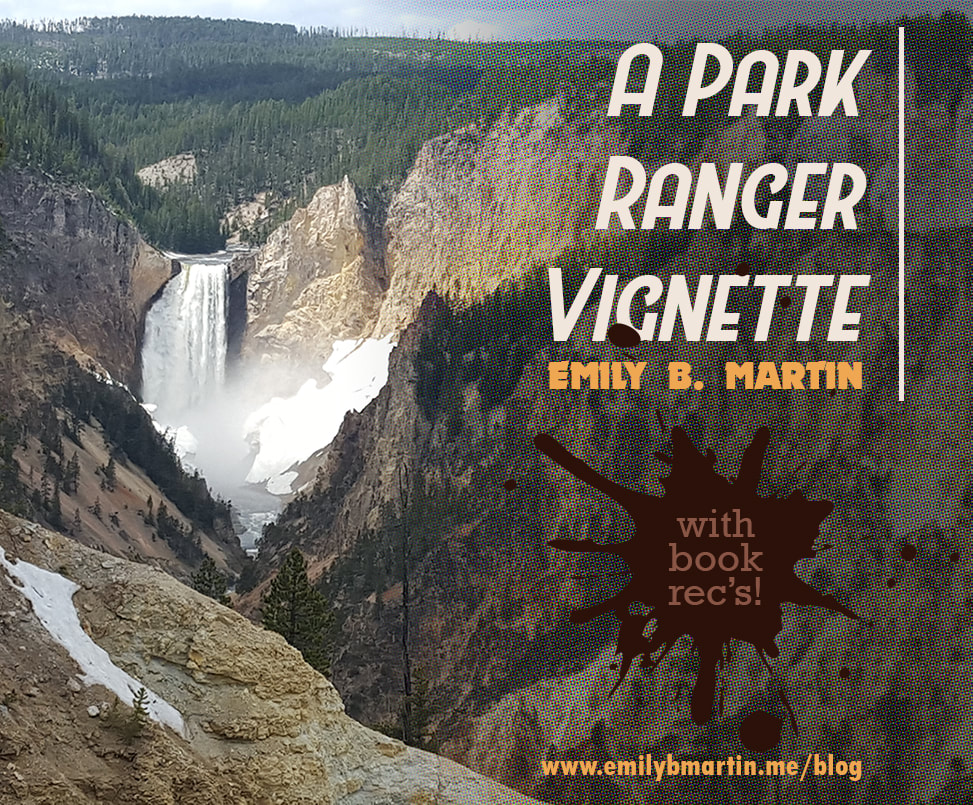
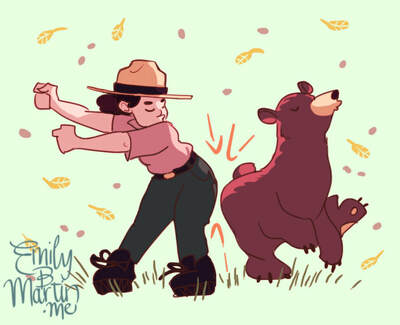
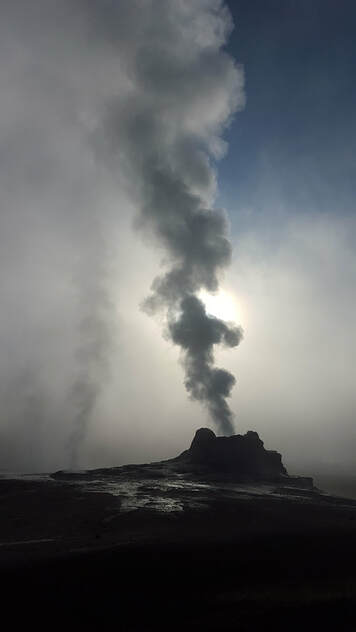
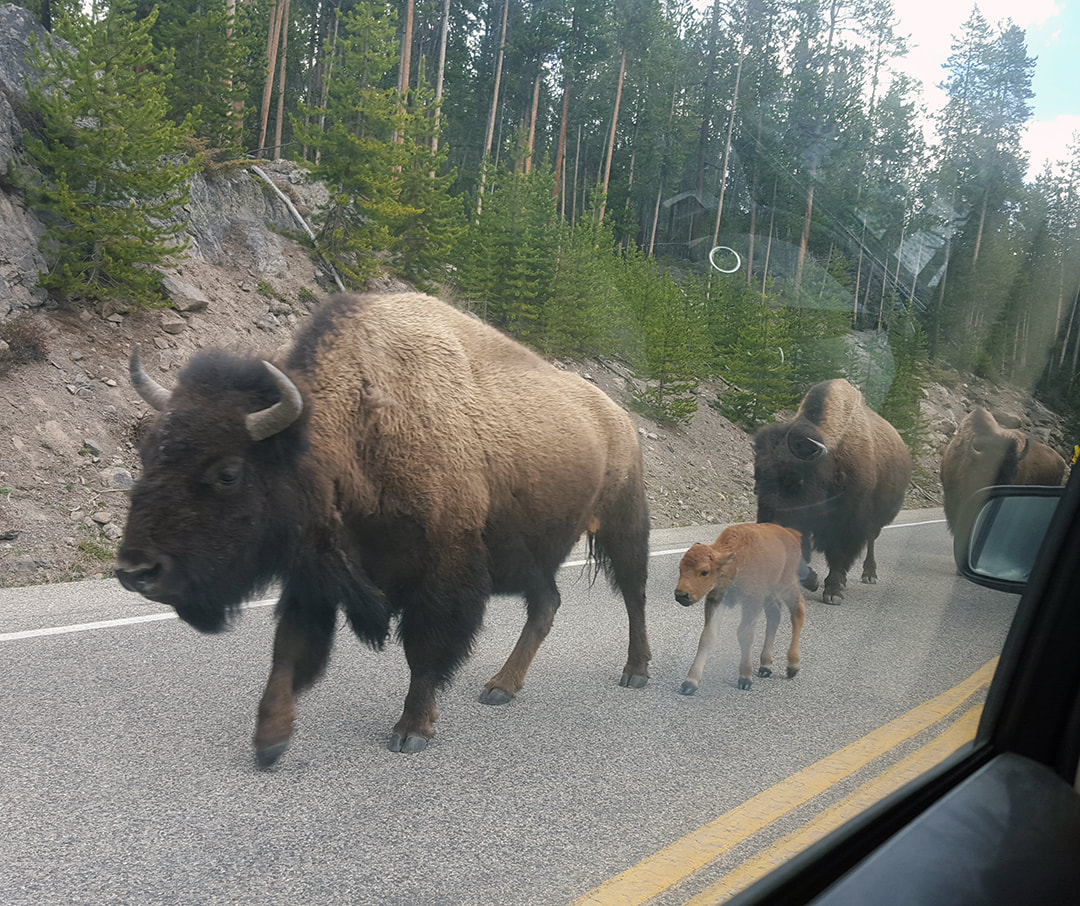
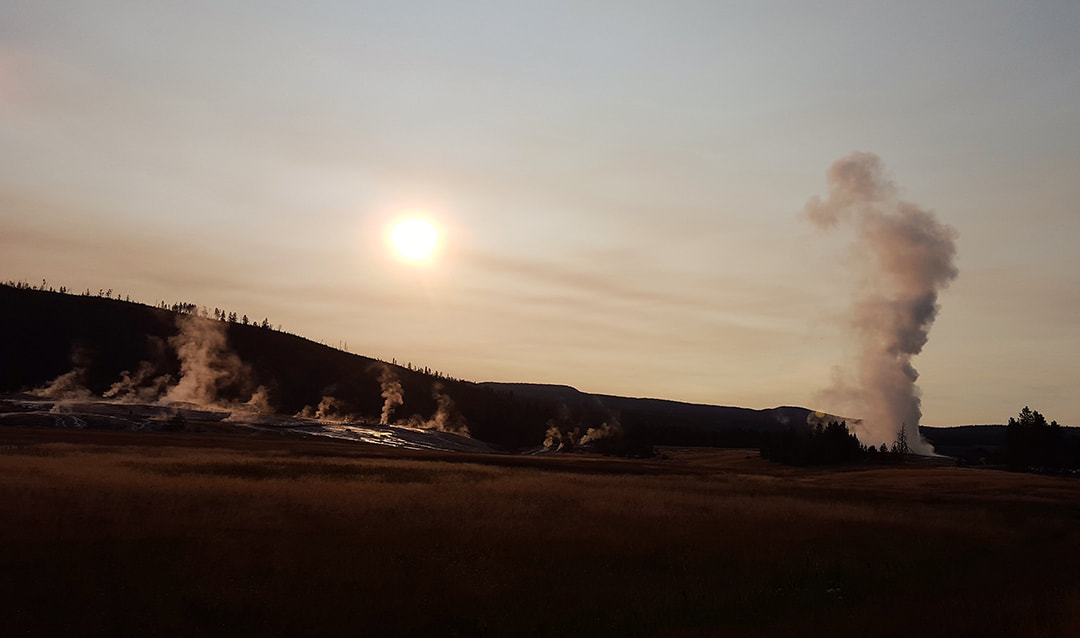
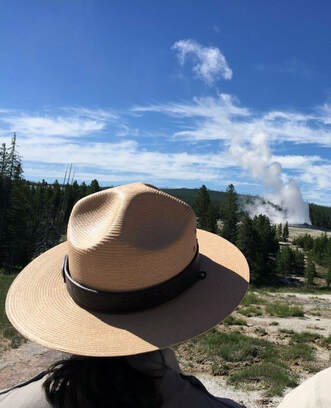
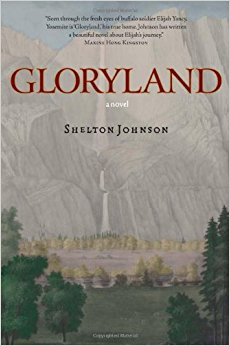
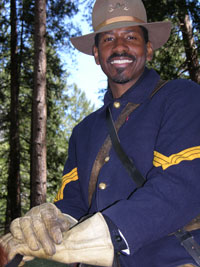
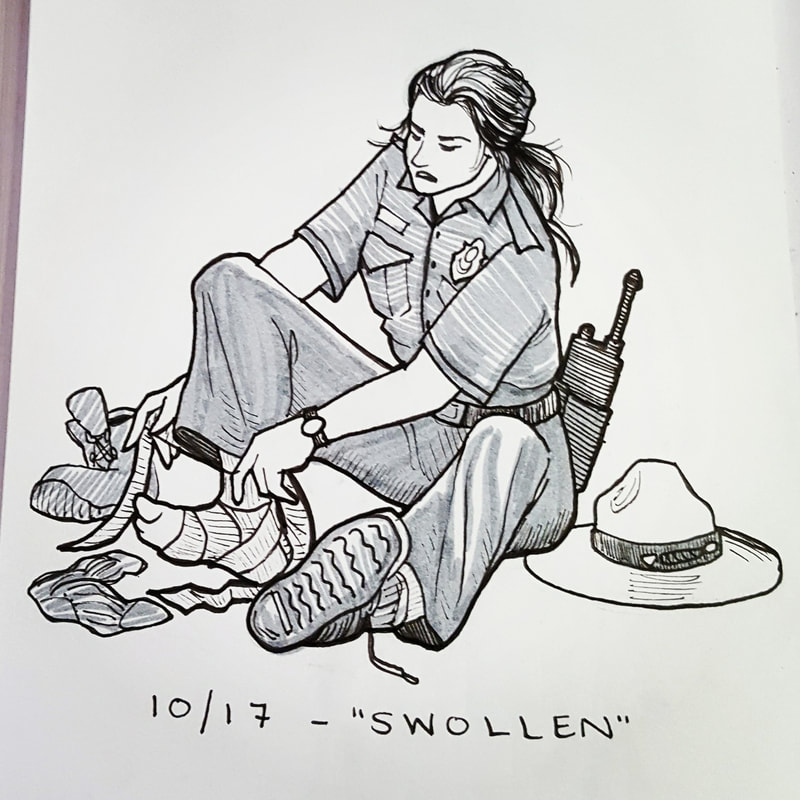
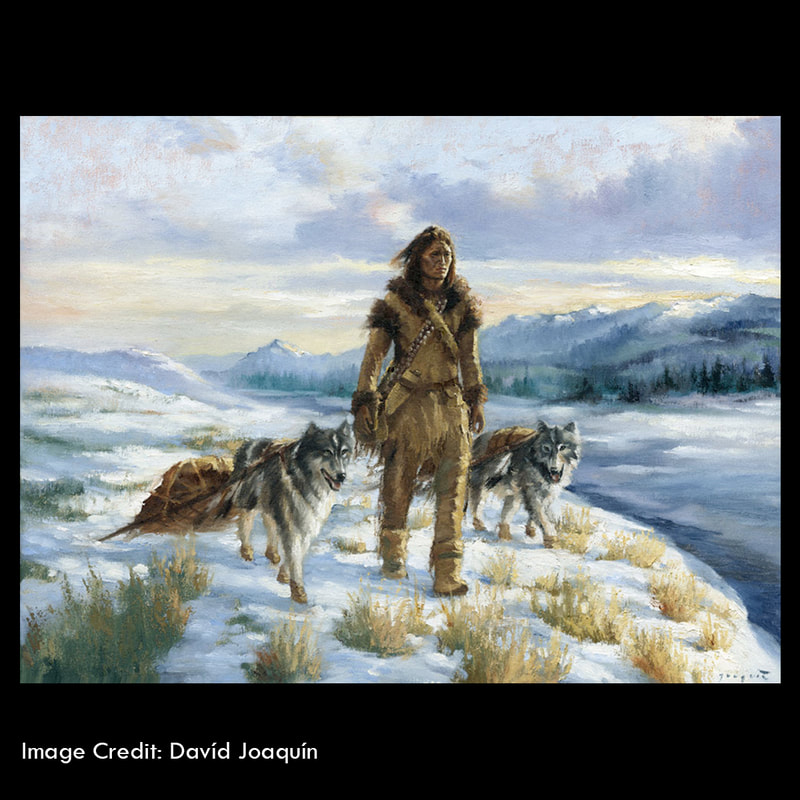
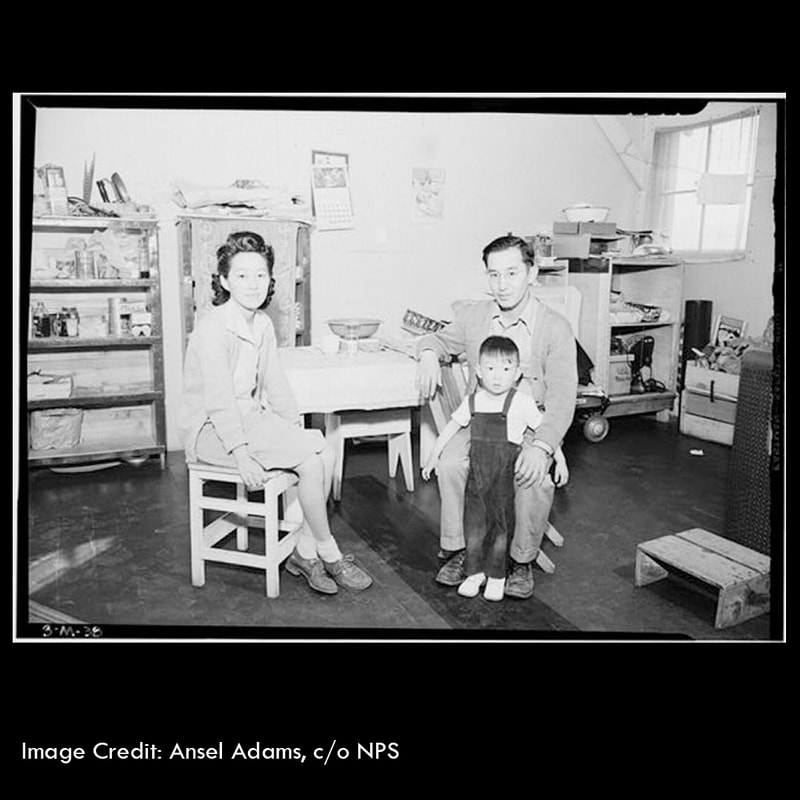
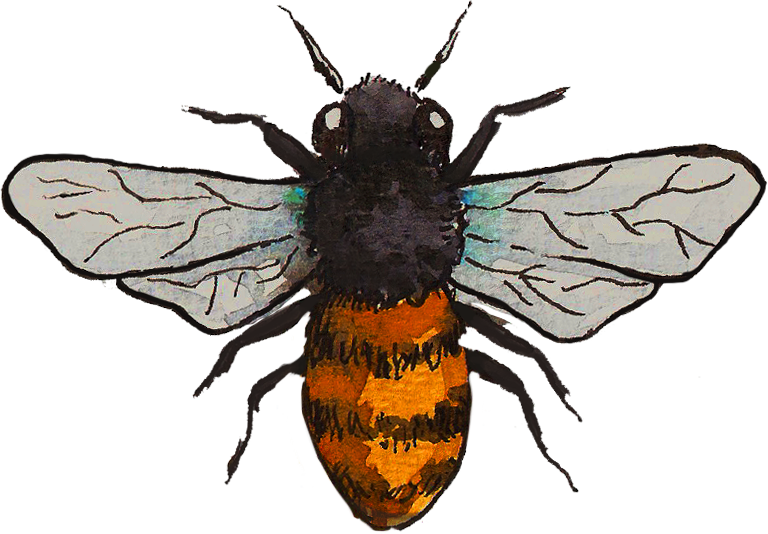
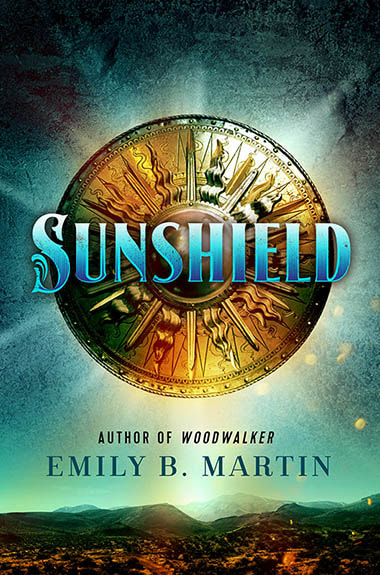
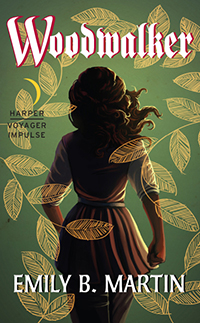
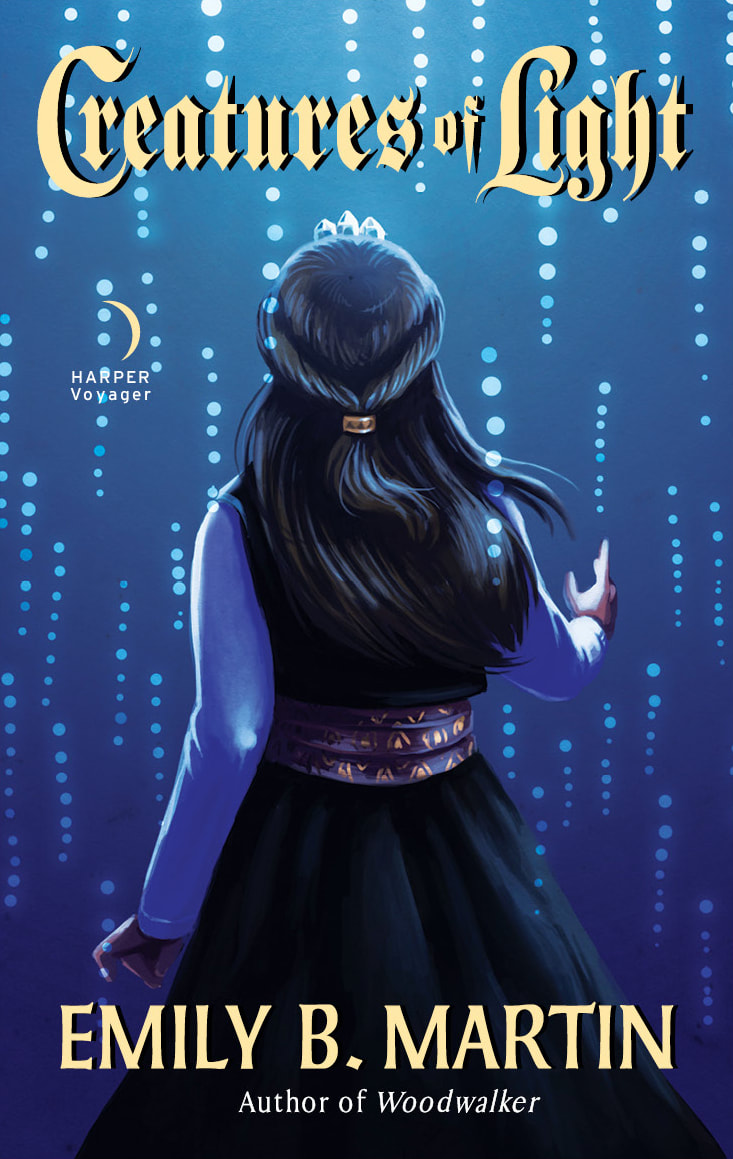
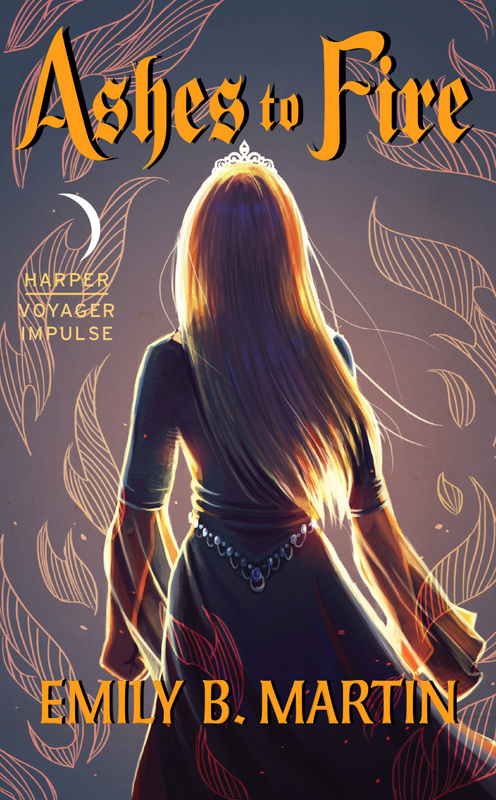
 RSS Feed
RSS Feed

